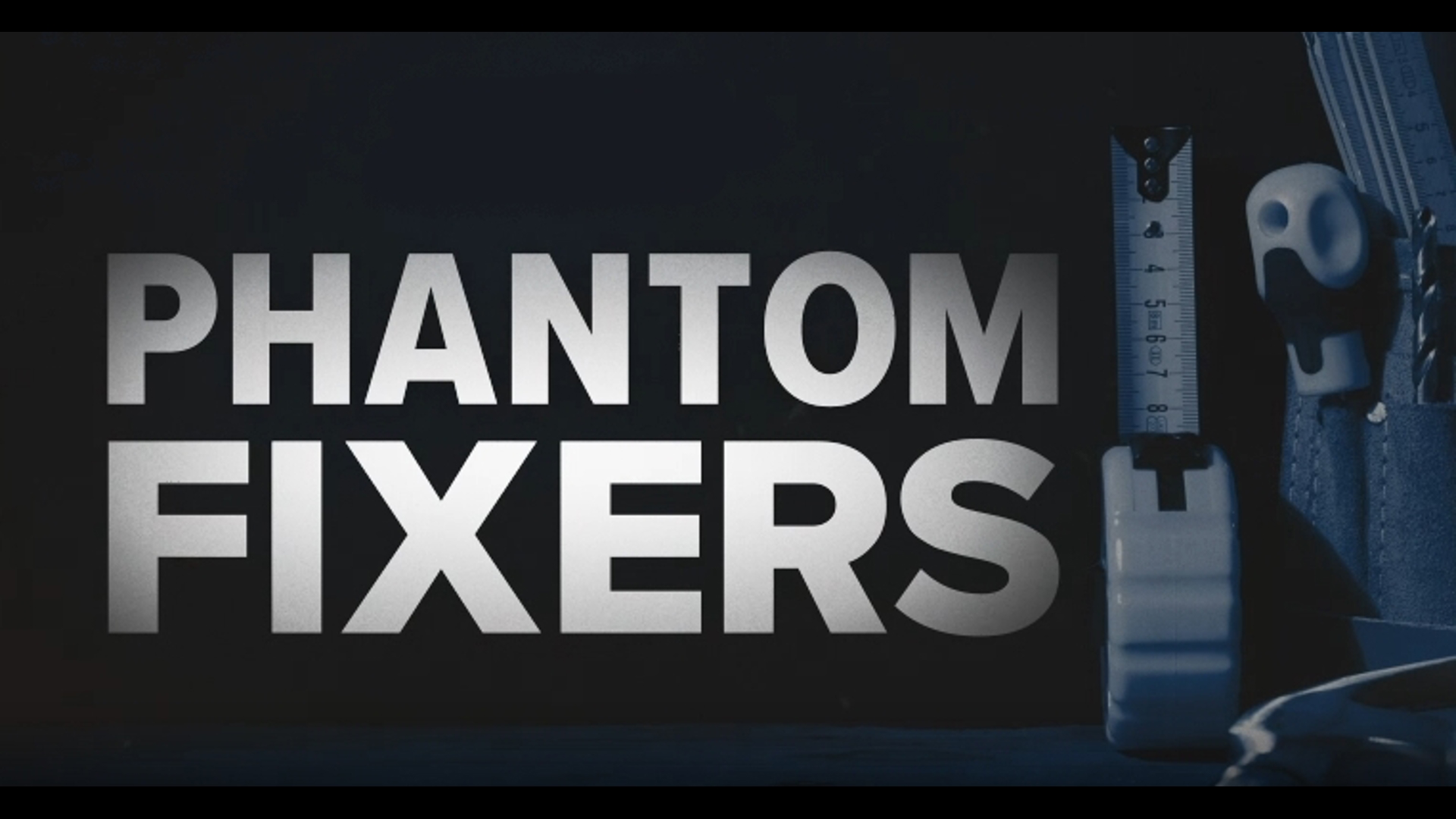WASHINGTON (WUSA9) — A picture may be worth a thousand words, but a photo enforced ticket in Washington, D.C. can be worth $100 or more for the person behind the wheel. Even D.C. employees driving city owned vehicles.
D.C. government employees are not excused from paying tickets issued from automated traffic enforcement cameras around The District.
“D.C. Employees regularly pay off their tickets,” said Jed Ross, Chief Risk Officer for the D.C. Office of Risk Management. “That happens all the time.”
Records obtained by WUSA9 show District of Columbia owned vehicles caught speeding on Kenilworth Avenue. Another was tagged running a red light on Benning Road. A third was photographed driving through a stop sign on Longfellow Street. Those are just a few of the thousands of photo enforced tickets D.C. employees have racked up in city owned vehicles over the years.
D.C. government rules are: employees who get photo enforced tickets are supposed to pay them. But what happens if they don’t?
D.C. government doesn't have any centralized system to track unpaid employee tickets. So, it’s impossible to know just how widespread the problem of unpaid tickets is for D.C. employees. What is clear, is that D.C. employees do not have the same motivation as the public to pay photo enforced tickets received while they’re driving city owned vehicles.
WUSA9 reviewed unpaid ticket records for more than half of D.C.’s 57 government agencies.
As of the end of the fiscal year 2017, there were more than $51,000 worth of unpaid tickets issued to city owned vehicles.
The Department of Parks and Recreation was the worst offender according to city records, with $11,762 in outstanding fines. Out of the $11,762, $1,600 of those unpaid tickets were issued to a single Parks and Recreation vehicle.
That was surprising to Ross who didn’t seem to be aware of the $1,600 in unpaid tickets racked up by that one vehicle.
“I’d be happy to look at the information and follow up with you,” Ross told WUSA9.
Ross never followed up with WUSA9. Instead, his spokesman responded in an email which read in part:
"The Office of Risk Management (ORM) is working with the Department of Parks and Recreation (DPR) and the Department of Motor Vehicles (DMV) to address risky driving behavior. The vehicle listed in your attachment is a DPR fleet vehicle apparently used by different drivers during the listed time period."


The reasons behind D.C. employees failure to pay photo enforcement tickets is complex.
When a member of the public doesn't pay a citation, it doubles. If that vehicle owner still doesn't pay the fine, D.C. can call in a debt collector or even garnish wages.
However, D.C. employees don’t have to have to deal with any of that. Officials told WUSA9, “no penalties are added for…tickets issued to government vehicles.”
Why not?
The city said it takes too long to process the ticket, work it through the red tape and get it back to the employee who is responsible. By the time the employee finds out about the ticket, D.C. Government said the late fee could have already been triggered.
In short, D.C. government said it’s easier to find members of the public than it is to track down their own employees.
Does that mean DC Employees should never pay a late fee, even when the ticket is on the books for years?
Records show unpaid tickets issued to D.C. government vehicles in 2014 are still sitting there with the same fine as when it was issued.
Ross said taxpayers should never get stuck paying those tickets when city employees won’t.
“Based on my information and my knowledge, the taxpayers are not supposed to be paying for the bill.” Ross said. “The employees are the ones with the responsible party to be paying the bills.”
Ross’s own records tell a different story. Taxpayers do sometimes end up paying the bill.
In an outstanding ticket report ordering D.C.’s Alcohol Beverage Regulation Administration to pay outstanding fines that dated back to 2014, the letter from the District Department of Transportation suggested the agency use operating funds, also known as taxpayer money, to pay for tickets when they can’t identify the city driver.
That included a photo enforced ticket issued to an ABRA vehicle listed with a driver who is “no longer with the agency.”
D.C. government said it could not provide the total dollar amount of unpaid tickets owed by District employees because there is no government wide tracking system.
That will eventually change when the D.C. launches a new “Enterprise Risk Management” system which will trigger notifications when Employees are caught speeding or running red lights. But the Office of Risk Management said that system, which they said they have been working on for more than a year and a half, is still in the development stage.



